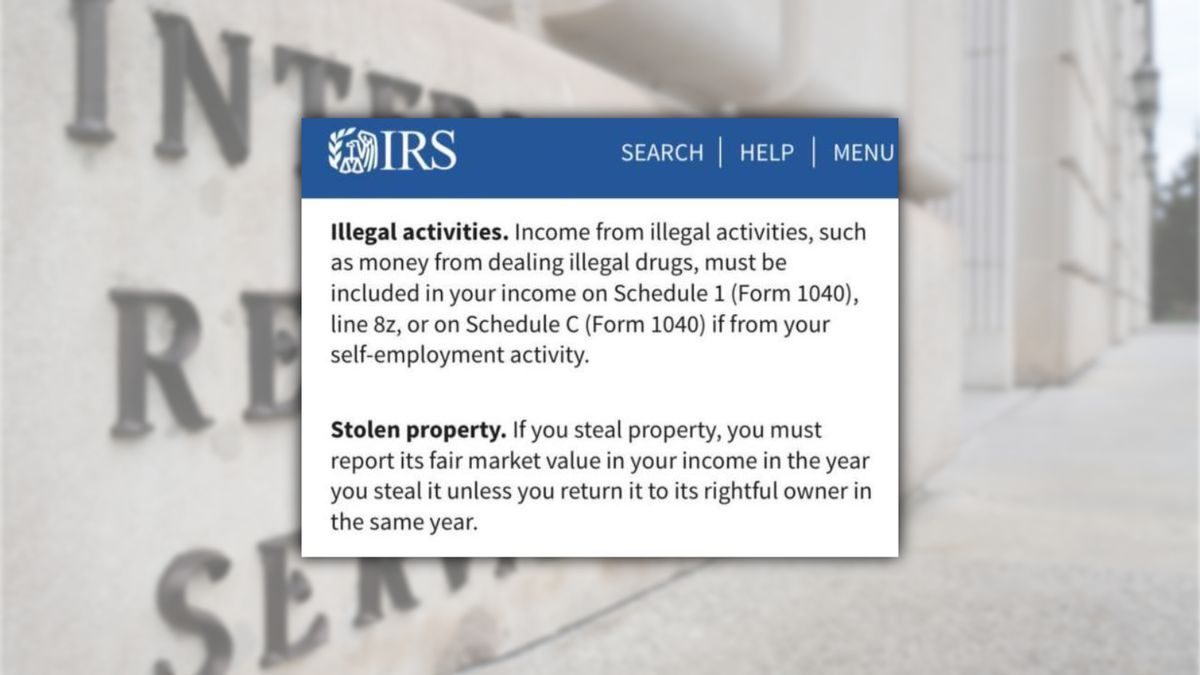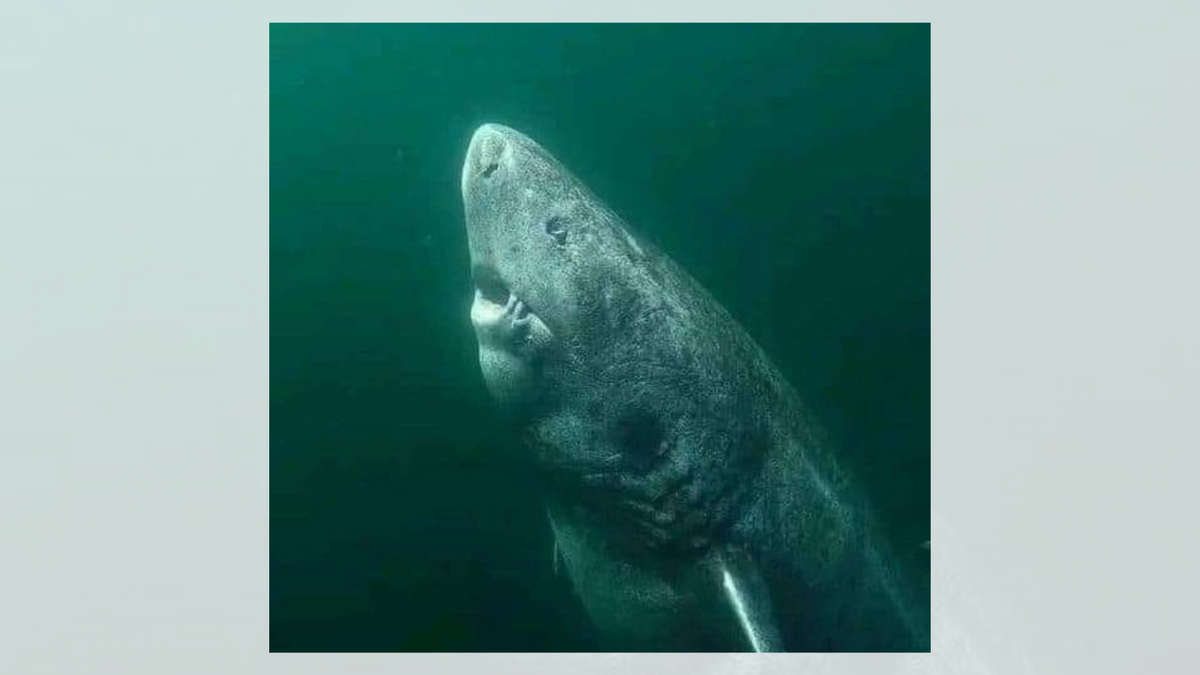
‘Good Girl Jane’ Review: A Harrowing Teen Drama That’s Ultimately Hollow
The fraught world of teenage girlhood has long proven to be a fertile one for filmmakers. And, over the last decade, it’s provided a way for creators to go back into the past to re-examine the way teenage girls were overly sexualized and cast adrift in the wild world of the late 1990s and early aughts. Director Sarah Elizabeth Mintz returns audiences to 2005 with her feature, “Good Girl Jane,” a feature-length narrative based off her short film of the same name. While the film features several moments that are truly harrowing and are anchored by powerful performances by her young cast, the whole endeavor can’t help but come off as ultimately surface-level drama.
When the film opens, Jane (Rain Spencer) has transferred to a new school in Los Angeles after a series of bullying incidents at her old school. While her sister is able to make the adjustment with ease, Jane is still adrift, losing herself in harsh music and isolation. When she meets an enigmatic drug dealer named Jamie (Patrick Gibson), Jane soon finds herself wrapped up in his world of drugs and sex.
“Good Girl Jane” feels like a throwback drama, and that’s not just because it’s set in the fall of 2005. There’s a simplicity to the situations and the characters that makes the feature impossible to porce from Catherine Hardwicke’s iconic “Thirteen.” Even cinematographer Jake Saner’s muted color palette and penchant for a sparse, verite style comes off as reminiscent of that film about dark teenage experiences.
Mintz does, however, cleverly employ the expanded (and expanding) technology of direct messaging and cell phones. Jane’s move hasn’t stopped her old schoolmates from routinely sending her degrading messages or going onto her Myspace page and leaving trashy comments. With cell phones becoming more affordable, the film slyly examines Jane’s double life through the phone Jamie eventually gets her to communicate with only him.
Jane is desperate for connection, having an absentee father and a mother (played by Andie MacDowell), who just wants a break in life. Jane doesn’t want to just find a community, but one that truly understands her. Unfortunately, the first people who show any interest in her are hardcore drug users. These kids certainly don’t fall into the “Euphoria” trap of being glamorous, but it’s also hard to identify them as Jane’s peers. They all lack discernible personalities and spend so much time talking over each other, that sequences involving the group devolve into a cacophony of noise. And while this allows her to gravitate more toward Jamie, it’s often hard to ascertain why these kids would take Jane in to begin with, or why she’d reciprocate their interest.

“Good Girl Jane”
42West
“Good Girl Jane” is debuting on the festival circuit just a few months after Jamie Dack’s intense, award-winning feature “Palm Trees and Power Lines” premiered at Sundance, itself a similar tale of a teenage girl groomed by an older man. Here, Mintz goes for a more stripped down approach to the relationship between Jane and Jamie. Rain Spencer and Patrick Gibson are fantastic in their respective roles, even more so when they’re locked in the game of power dynamics and grooming the script requires of them.
The charismatic drug dealer is a familiar trope, and Gibson asserts an intimidating air that, coupled with his Irish accent, does lend a certain bit of charm. It’s easy to see why a girl like Jane would be interested in Jamie, especially considering how effortless Gibson is at being humorous and warm, but when Jamie starts to assert his power, it comes off as completely terrifying.
That dynamic is where Mintz’s feature blossoms, unafraid to show the insidiousness of grooming. Jane finds herself smiling, laughing, and enjoying some type of confidence with Jamie, but it’s all smoke and mirrors. Spencer captures both Jane’s flirtatious nature as she spends time with her new boyfriend, but also conveys the confusion when Jamie tries to assert his control over her. When Jane and Jamie visit a meth-addicted client of his, a woman who can’t take care of her children, Jane wants to leave. Spencer’s anguish in the situation is so genuine as to feel uncomfortably real.
Spencer is equally commanding in the moments opposite her mother and sister, Izzie (Eloisa Huggins). MacDowell plays her character as a woman who’s just tired of life. Her husband only sees his kids for an hour at a time and is always late with child support. When Jane finally confesses her issues to her mom — in a truly painful moment for her — her mother responds with a tossed-off, “can’t you just not [be on drugs]?” The eventual resolution between mother and daughter doesn’t come off as particularly earned by the end of the film.
At least Huggins and Spencer have wonderful chemistry together, though there are far too few scenes between the pair. There’s a greater sense of compassion for Jane with Izzie, probably because teens know the pressures being faced more than parents do. When Jane and Izzie have a heart-to-heart, it triggers a grander sense of resolution in just one scene than in any other moments between Jane and her mother.
It’s hard to shake how hollow everything feels within “Good Girl Jane.” For all the inpidual performances, the feature never comes off as more than a supersized short film, with certain scenes playing like filler to get to a nearly two-hour running time. By the end of the film, there’s still little sense of resolution or growth. Still, Rain Spencer and Thomas Gibson are bright stars in the making, and if “Good Girl Jane” delivers on anything, it’s showing off their abilities to land the kind of gut punches not on offer anywhere else.
Grade: C
“Good Girl Jane” premiered at the 2022 Tribeca Film Festival. It is currently seeking U.S. distribution.










































































